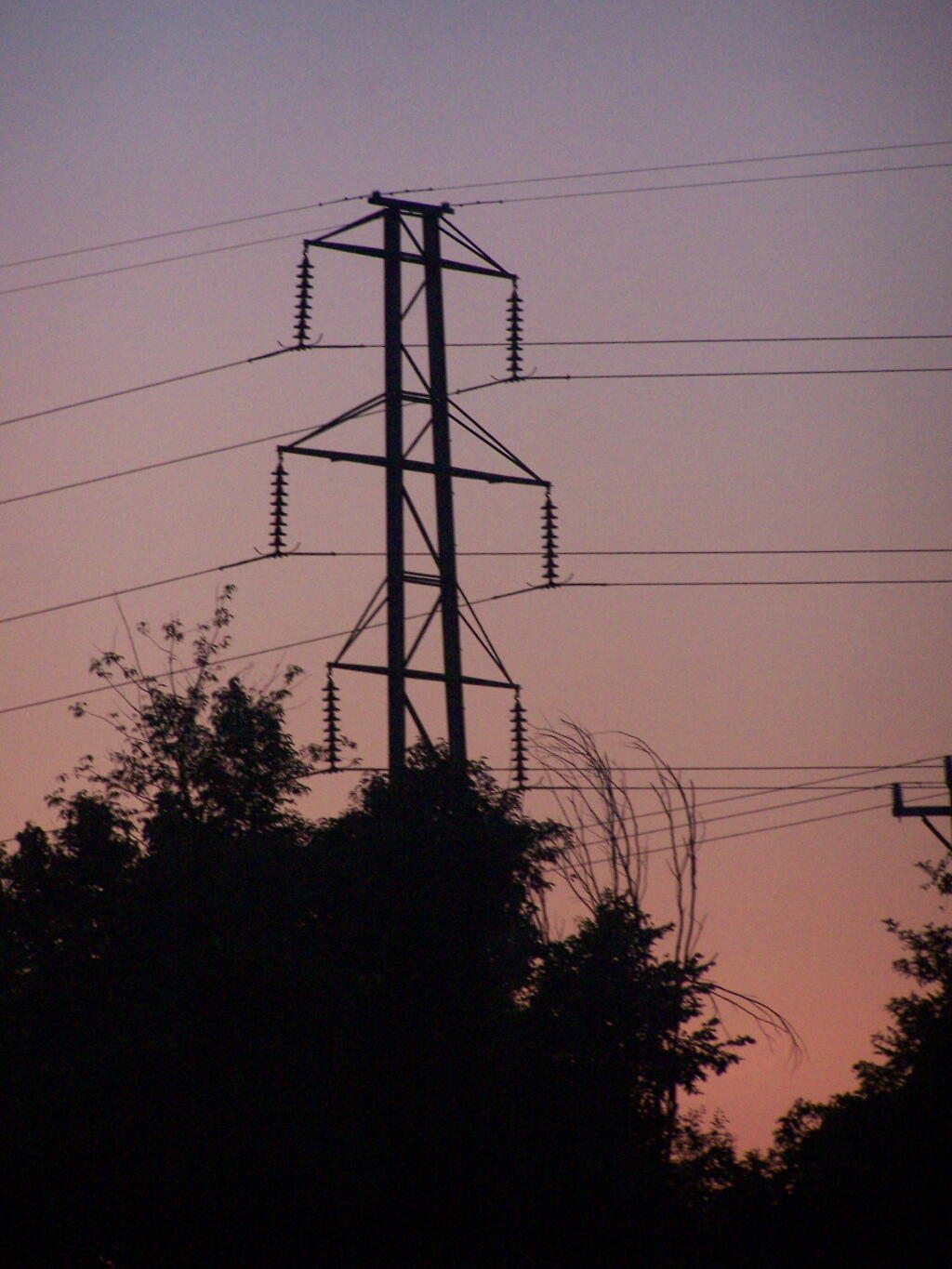[Folio] The Last Frontier, by Ted Conover | Harper’s Magazine
[Folio] The Last Frontier, by Ted Conover | Harper’s Magazine
I’m originally from Colorado, but people like Matt and his neighbors were unfamiliar to me. I know about mountain towns, and the national parks and forests that support the tourist economy, and I know a bit about ranching. But the expansive San Luis Valley—about the size of Massachusetts, nearly 8,000 square miles—is different. Much of it is privately owned and for sale as small, affordable lots. Poor people can become homesteaders of a sort. The poverty rate in the valley is between 20 and 25 percent. The election of Donald Trump had made me feel ignorant of the poor rural parts of my home state. And the kind of off-grid living practiced there went against my preconceived notions about off-grid living. In my mind, most off-gridders were trying to live lightly off the earth by reducing their needs, unplugging from both utilities and society’s expectations of achievement. The upscale among them embraced things like the Taos-based Earthships, often expensive, fancifully designed houses that incorporate advanced technologies to recycle water and control indoor climate. I imagined the less affluent among them as neo-hippies with environmental consciousness: into the virtue of not needing much and appreciating the creative reuse of discarded materials, communalism, tiny houses, and outsider art.
Some of the valley’s off-gridders were like this. But more of them were just poor and wanted a different life—one with more self-reliance, fewer bills, and, in many cases, lots of distance from neighbors. They arrived pulling trailers or with old R.V.s and set up camp. Sometimes they would build something, but often the trailer became the building block, with shacks or Tuff Sheds added on. They drove Fords, not Toyotas. Their political views tended toward the Trumpian: antigovernment, pro-gun, America-first, build-the-wall. Among them were doomsday preppers, Christian homeschoolers, self-proclaimed sovereign citizens, weed lovers, and Hillary haters. Some might have previously lived near a coast but more probably came from the heartland, many from the South. And most were very poor. The San Luis Valley, with its cheap land, was a sort of magnet for these off-gridders. There were a few hundred of them in total. Nationwide there are probably several thousand people living off the grid. No authoritative numbers exist, but off-grid life seems to be growing, often in states with cheap land (Tennessee, Kentucky, Missouri), sunshine and cheap land (Nevada, Arizona, Texas), and/or frontier appeal (Alaska, Idaho).
